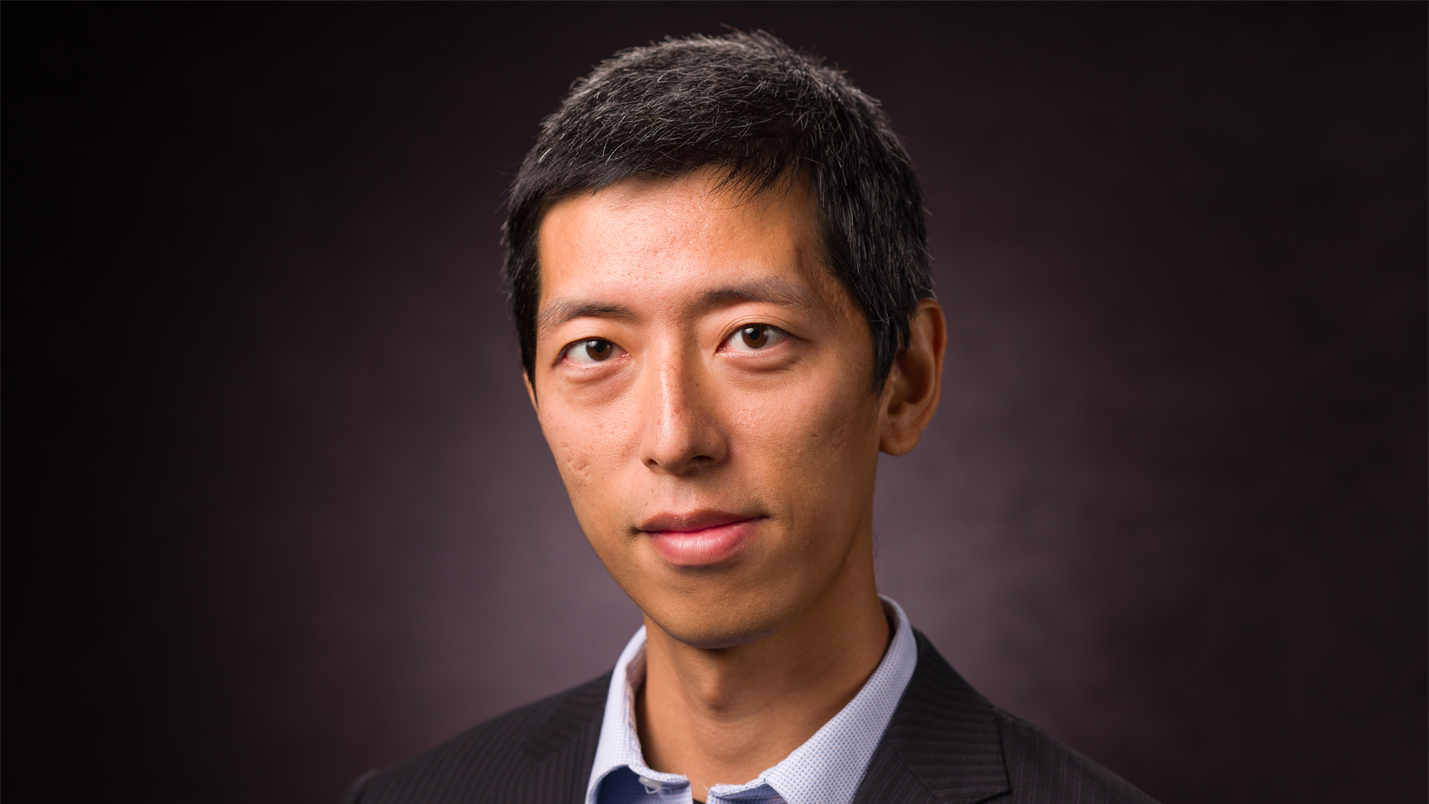Cheng Wang, assistant professor of electrical and computer engineering, has received a National Science Foundation CAREER Award for the project, “Cross-Layer Integration of Stochastic Processing Ensembles for Versatile Intelligent Computing.”
CAREER awards are the NSF’s most prestigious awards given to early-career faculty.
About the research project
Artificial intelligence continues to transform industries across healthcare, transportation and other critical sectors, but AI’s growing computational demands are creating significant challenges in energy consumption and resource use.
Wang’s CAREER project aims to tackle these issues by developing scalable, energy-efficient hardware systems that can support the future of AI.
The project explores the use of stochasticity—randomness—as a powerful tool for improving the efficiency of AI learning models.
Traditional methods of implementing randomness using standard complementary metal-oxide-semiconductor technology face significant limitations, including high energy and area costs. Meanwhile, conventional brain-inspired approaches struggle to scale beyond small systems.
To overcome these barriers, Wang and his research team will design a novel system architecture based on emerging devices and circuits, creating ensembles of stochastic in-memory processing elements – and paving the way for the next generation of intelligent, sustainable computing systems.
About Cheng Wang
Wang holds PhD in physics from the University of Texas at Austin and a bachelor’s degree from Peking University.
He joined Iowa State after working as a research scientist in the Center for Brain-Inspired Computing at Purdue University and in industrial R&D engineering positions at several technology companies.

